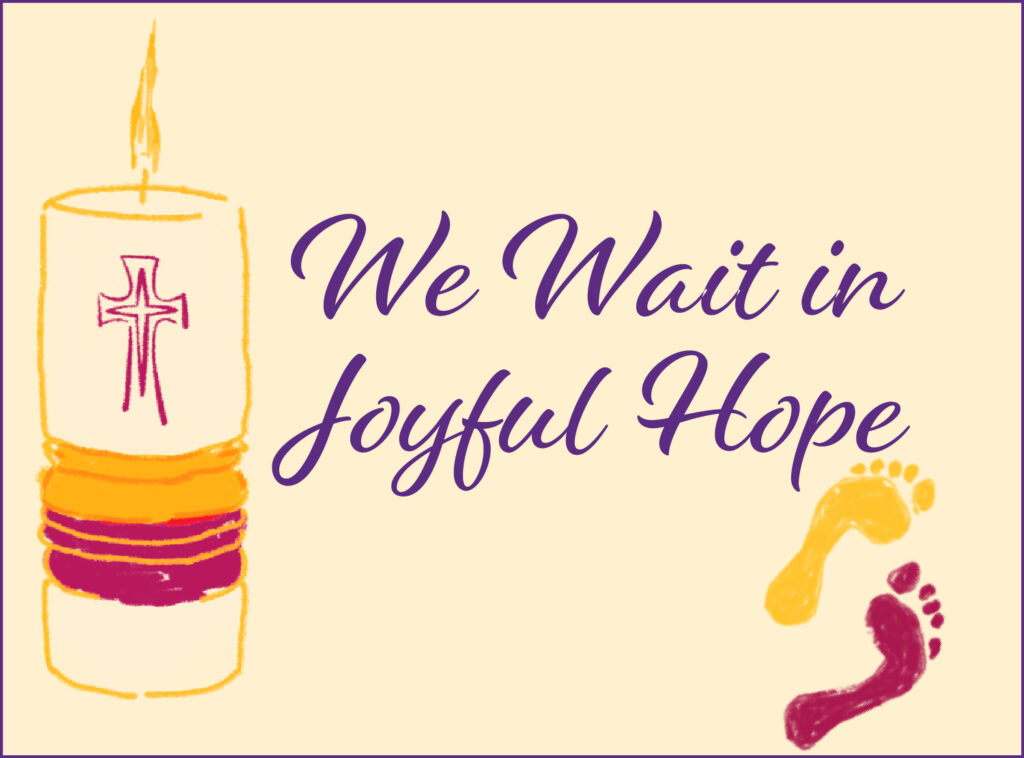By Sister Deb Troillett
Six months ago, on June 7, Kamala Harris, during her very first international trip representing the United States as Vice President, met with Guatemalan President Alejandro Giammattei. At that time, she was speaking to Guatemalans considering leaving their homeland to seek refuge in the United States, but her message reverberated throughout the entire Central American region. Indeed, her message went out to all the world: “Do not come.” To people most poor, most vulnerable, most terrorized, most oppressed—do not come.
In this liturgical season, rich with prophetic messages of comfort and hope, of all creation’s longing for the Christ of God and of the depth of our cry for God to come, ironically perhaps— discomfortingly, for sure—I keep hearing Vice President Harris’ voice and this one message echoing within my heart and mind: “Do not come. Do not come.”
My heart cannot seem to wholly sing the great O antiphon “O Come, O Come…” without also hearing “do not come, do not come.”
Do not come, O Emmanuel, because we do not accept the way you are coming, and we find it especially difficult to accept and believe that you most fully identify with “these,” the least brothers and sisters. Do not come when there is so much economic uncertainty; it’s just not convenient. And with so much “fake news” we can’t be sure that you, in your coming as “the least,” are not actually criminals in disguise. Besides, it just doesn’t help that you were condemned as one in your own country. Do not come because you don’t look like most of us, and you don’t speak our language. Do not come in the thousands, do not come in waves, do not come, we just can’t handle it. Our borders are being overwhelmed.
But, of course, O Emmanuel, I remember, where and how you first came. Where you were born.
Poor.
Of course, I recall Emmanuel that your family took you and fled to Egypt.
Asylum seekers.

And when it comes to “Second Coming” and the final judgement, I also know that you, O Emmanuel, taught that there will be a sorting, as sheep from goats. Because, in the end, you tell us there are basically two kinds of folks: those who must respond to human needs for the most vulnerable simply because it is human need, and those who self-identify as those who would have certainly responded if they had only known for sure it was you, O Emmanuel.
Perhaps the discomfort in my own heart these days comes from realizing that I am indeed part of this collective U.S. “goat” consciousness. Surely our collective American hearts would say “come” if we knew for certain it was you, Jesus, fleeing violence and poverty! Yet that is what you have already told us … and told us long ago.
Maria Boulding, in a book called The Coming of God, reminds us that, “We are the new creation of Christ, but we still have a stake in the old chaos …We have to pray from a position of chaos, because that is where we are, and that is the material on which the Spirit delights to work…”
As we wait and pray in joyful hope, Pope Francis tells us that hope is a gift particularly of the marginalized and the suffering, and an expectation that entails solidarity and accompaniment. “If we have hope, it is because many of our brothers and sisters have taught us to hope and have kept our hope alive.”
And so, may we pray…